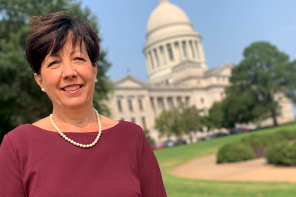Evolutionary geneticist and ordained Dominican priest Francis Ayala has been honored with the Templeton prize. The $1.6 million award goes to those grappling with the answers to “life’s biggest questions” and to a living person who has made an “exceptional contribution to affirming life’s spiritual dimension.”
“Science and religion are two pillars on which American society rests,” said Ayala, a professor of biology and philosophy at the University of California, Irvine. “Properly understood, they cannot be in contradiction because they deal with different subjects. They are like two windows through with we look at the world.”
Nature’s blog points to the controversy the annual award spurs among some members of the science community. Many scientists are comfortable with the idea that people can embrace both faith and science. However, some scientists, who find the notions irreconcilable, expressed dismay that the National Academy of Sciences was involved in hosting the announcement:
“The Templeton Foundation is working in good faith. They’re in favour of science but want to see a reconciliation with religion. That’s not evil and crackpotty, but it’s incorrect. It’s a mistake,” says cosmologist Sean Carroll from the California Institute of Technology in Pasadena.
In announcing the award, past-NAS president Bruce Alberts called Ayala “the leading crusader against damage and confusion caused when religious movements attempt to substitute meanings for scientific understanding.”
The controversy highlights a broader debate among some in the science community, particularly among those at the forefront of defending science from religiously-motivated attacks. While I can understand the viewpoint of scientists who oppose the mingling of science with religion, it’s also important to note that Ayala has been one of this nation’s greatest champions for science education.
He has also been an ardent defender in keeping faith and science separate, but respecting both. In addition to his numerous writings promoting a public understanding of evolutionary theory, he was an expert witness in the landmark 1981 case of McLean v. Arkansas that struck down the state’s balanced teaching requirement that creation science must be taught alongside evolution in public schools.



